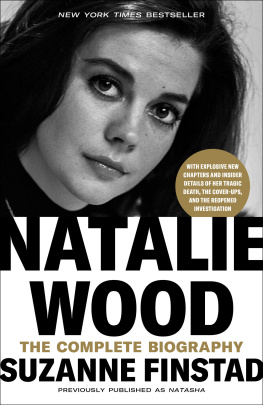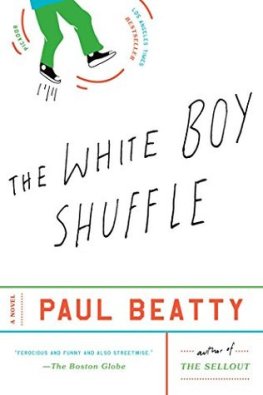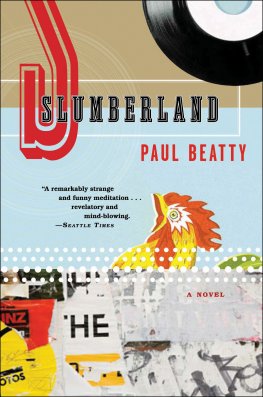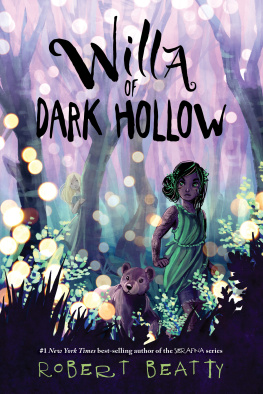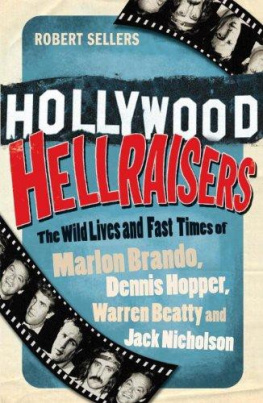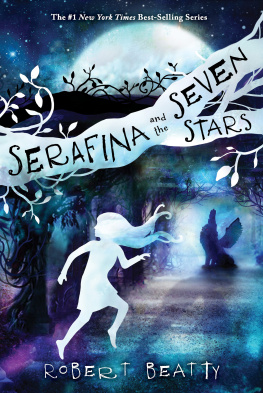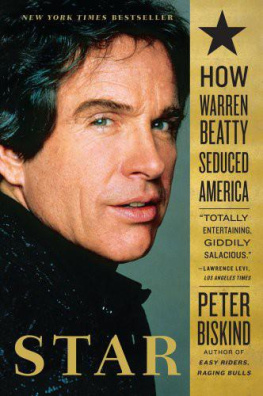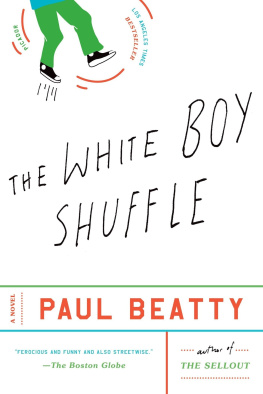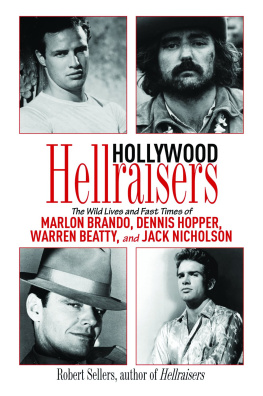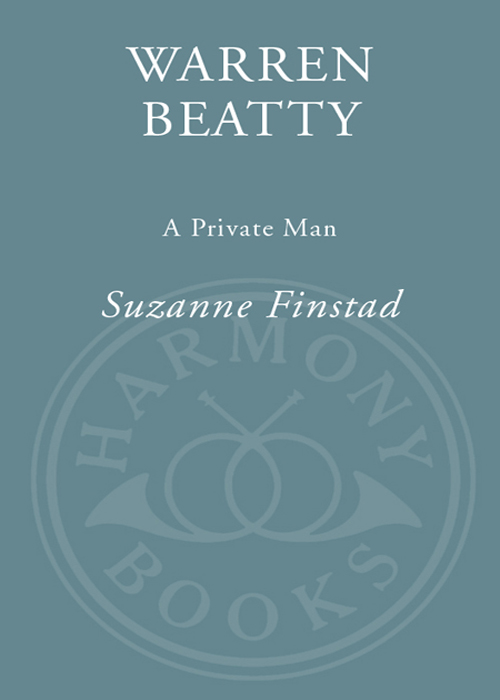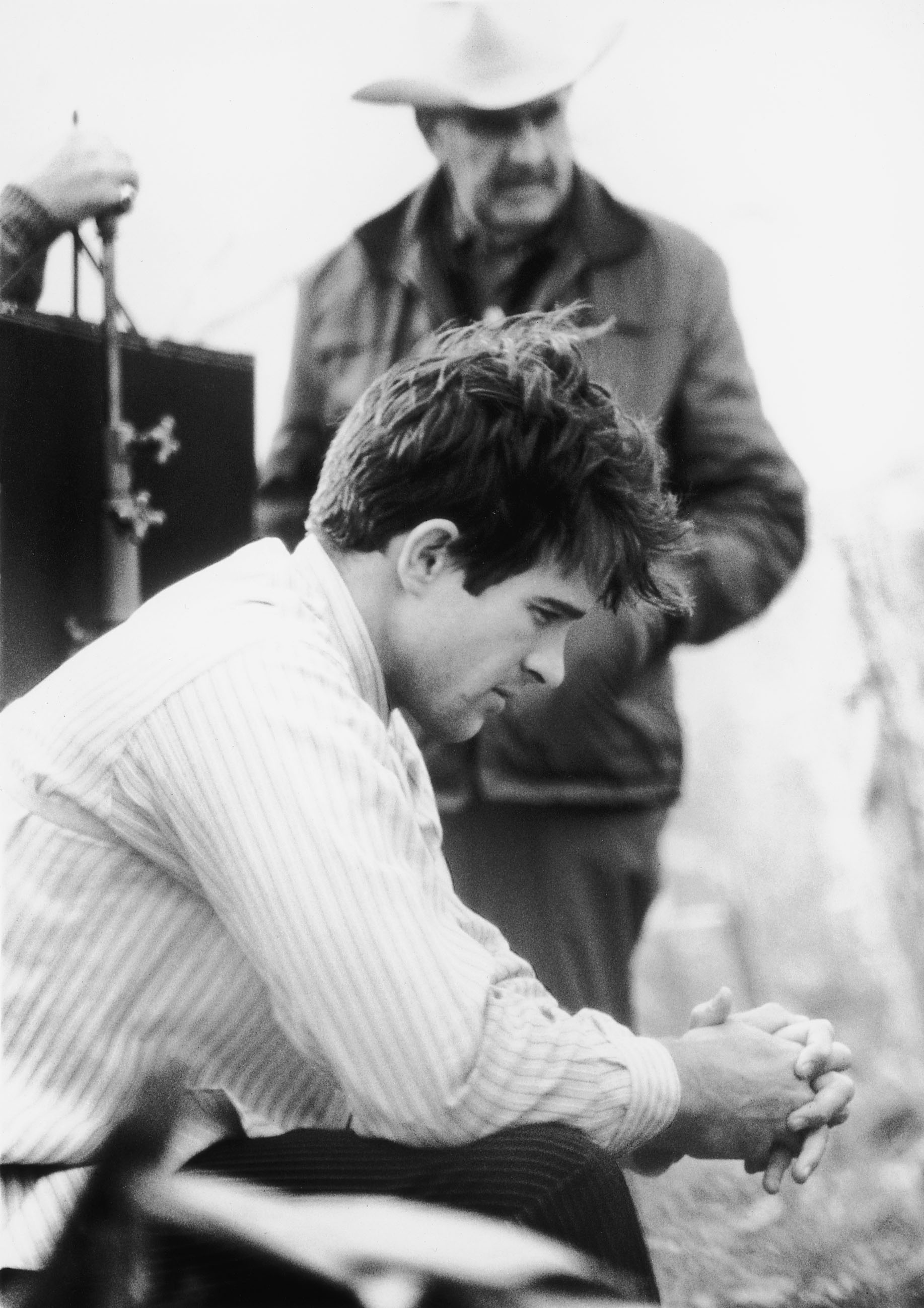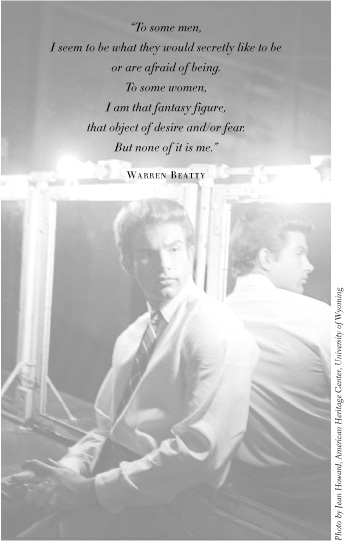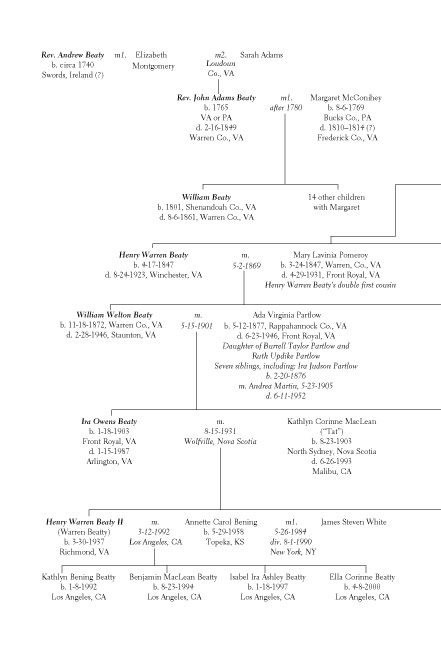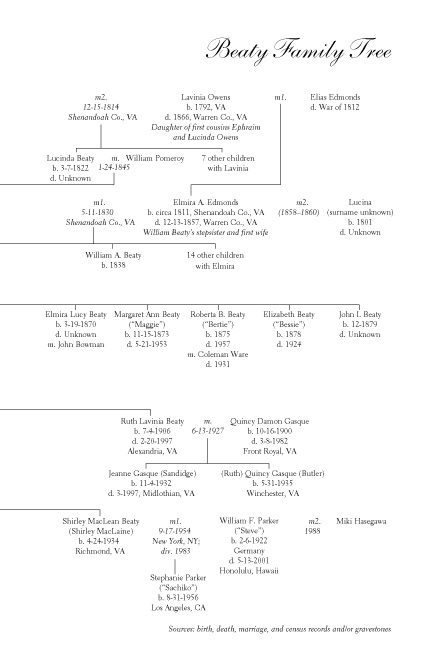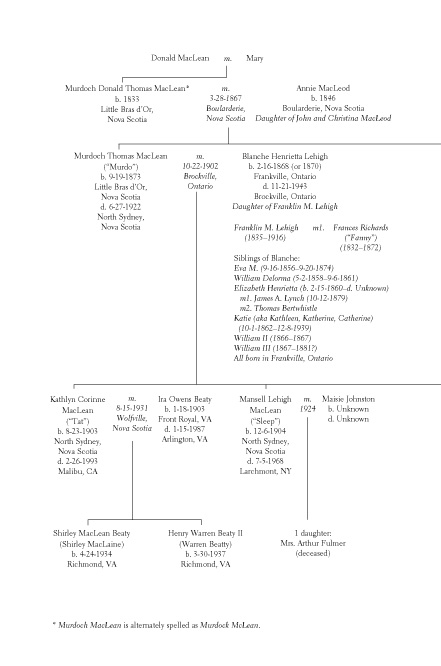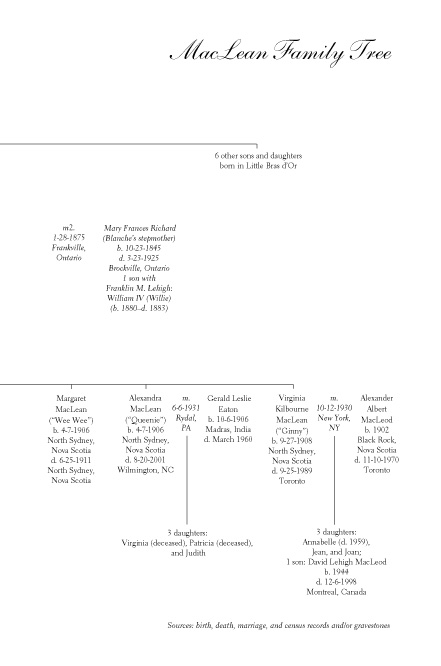Suzanne Finstad - Warren Beatty: A Private Man
Here you can read online Suzanne Finstad - Warren Beatty: A Private Man full text of the book (entire story) in english for free. Download pdf and epub, get meaning, cover and reviews about this ebook. year: 2005, publisher: Crown, genre: Non-fiction. Description of the work, (preface) as well as reviews are available. Best literature library LitArk.com created for fans of good reading and offers a wide selection of genres:
Romance novel
Science fiction
Adventure
Detective
Science
History
Home and family
Prose
Art
Politics
Computer
Non-fiction
Religion
Business
Children
Humor
Choose a favorite category and find really read worthwhile books. Enjoy immersion in the world of imagination, feel the emotions of the characters or learn something new for yourself, make an fascinating discovery.

- Book:Warren Beatty: A Private Man
- Author:
- Publisher:Crown
- Genre:
- Year:2005
- Rating:3 / 5
- Favourites:Add to favourites
- Your mark:
Warren Beatty: A Private Man: summary, description and annotation
We offer to read an annotation, description, summary or preface (depends on what the author of the book "Warren Beatty: A Private Man" wrote himself). If you haven't found the necessary information about the book — write in the comments, we will try to find it.
Warren Beatty guarded his privacy even before he became a movie star, when he burst onto the screen in 1961 as the earnestly handsome all-American boy in Splendor in the Grass. When he started acting, Beatty kept secret the fact that actress Shirley MacLaine, already a star, was his older sister. Over time, he has cultivated a mystique, giving few interviews and instructing others not to talk about him. Until now.
Through years of groundbreaking research, lauded biographer Suzanne Finstad gained unprecedented access to Beattys family, close friends, and film colleagues, including such luminaries in the arts and politics as Jane Fonda, Goldie Hawn, Leslie Caron, Robert Towne, Mike Nichols, and Senators John McCain, George McGovern, and Gary Hart. Weaving hundreds of these candid interviews, photographs from private albums, personal letters, diaries, and the previously unpublished papers of the late Natalie Wood and mentors such as directors Elia Kazan and George Stevens, playwrights Clifford Odets and William Inge, and agent Charles Feldman, Warren Beatty unveils the real Beattya complex, sensitive visionary torn between the fairly puritanical, football-playing boy from Virginia and his Hollywood playboy image.
Finstad paints a rich, fascinating portrait of the secretive film legend, taking us back to the unrealized genius parents who molded arguably the most famous brother and sister in Hollywood history, tracing the family influences and events in Beattys past that directly inspired McCabe & Mrs. Miller, Shampoo, Heaven Can Wait, Reds, Ishtar, Dick Tracy, Bugsy, Love Affair, and Bulworth, and led to his political activism, culminating in a near-bid for the White House. Finstad constructs the definitive, myth-shattering account of Beattys evolution from Hollywoods enfant terrible to producer of the revolutionary Bonnie and Clyde, launching him as the premier actor/director/writer/producer of his generation, the only person to twice earn Oscar nominations in all five major categories.
Here also is the truth about Beatty the lover, setting the record straight on his storied relationships with such iconic actresses and beauties as Jane Fonda, Joan Collins, Natalie Wood, Leslie Caron, Julie Christie, Goldie Hawn, Michelle Phillips, Diane Keaton, Isabelle Adjani, and Madonna. Finstads astute insights illuminate Beattys private struggle to attain happiness, his complicated bond with his sister, Shirley, and the deeper reasons why, at fifty-four, the archetypal bachelor married actress Annette Bening.
Stunningly researched, engrossing, and exquisitely detailed, Warren Beatty: A Private Man gives us a new understanding of the enigmatic, fiercely intelligent star who embodies the American dream.
Suzanne Finstad: author's other books
Who wrote Warren Beatty: A Private Man? Find out the surname, the name of the author of the book and a list of all author's works by series.

